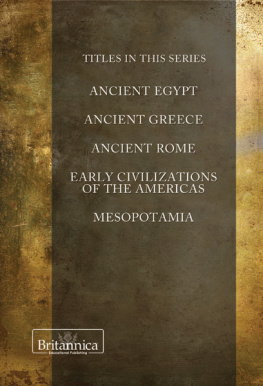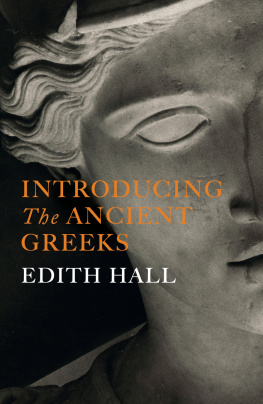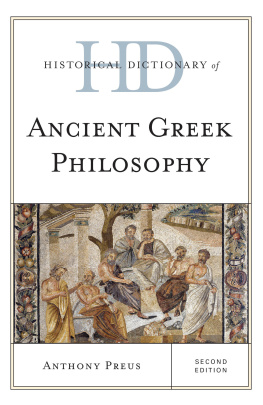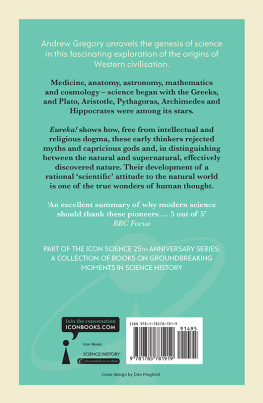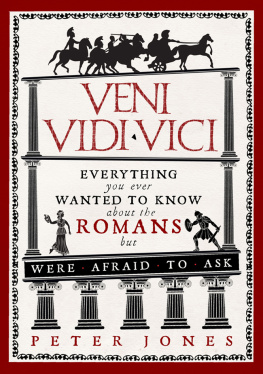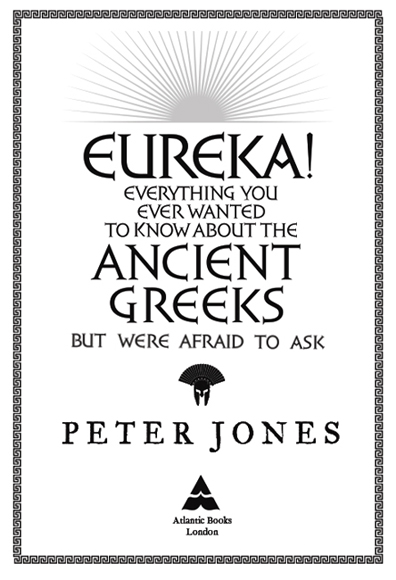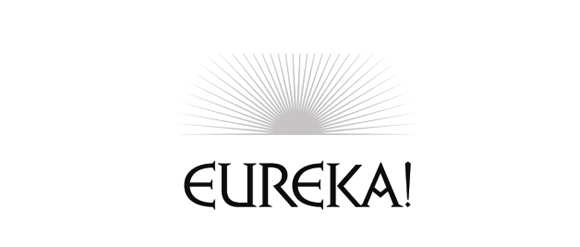
Also by Peter Jones
Vote for Caeser
Learn Latin: The Book of the
Daily Telegraph QED series
Veni Vidi Vici
First published in hardback in Great Britain in 2014 by Atlantic Books, an imprint of Atlantic Books Ltd.
Copyright Peter Jones, 2014.
The moral right of Peter Jones to be identified as the author of this work has been asserted by him in accordance with the Copyright, Designs and Patents Act of 1988.
All rights reserved. No part of this publication may be reproduced, stored in a retrieval system, or transmitted in any form or by any means, electronic, mechanical, photocopying, recording, or otherwise, without the prior permission of both the copyright owner and the above publisher of this book.
Every effort has been made to trace or contact all copyright holders. The publishers will be pleased to make good any omissions or rectify any mistakes brought to their attention at the earliest opportunity.
1 2 3 4 5 6 7 8 9
A CIP catalogue record for this book is available from the British Library.
Hardback ISBN: 978-1-78239-514-0
E-book ISBN: 978-1-78239-515-7
Paperback ISBN: 978-1-78239-516-4
Designed by Carrdesignstudio.com
Printed in Great Britain.
Atlantic Books
An Imprint of Atlantic Books Ltd
Ormond House
2627 Boswell Street
London
WC1N 3JZ
www.atlantic-books.co.uk
CONTENTS
MAPS
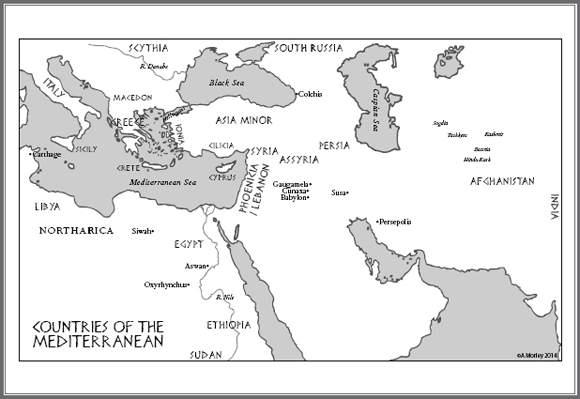
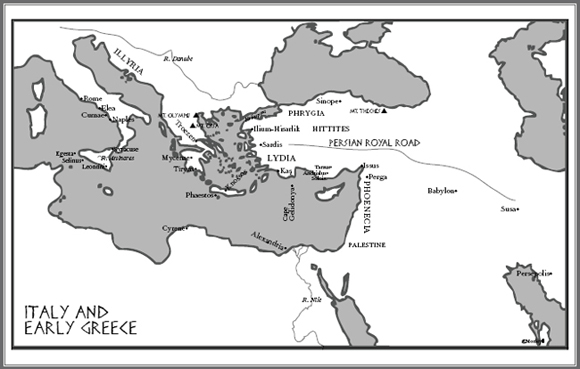
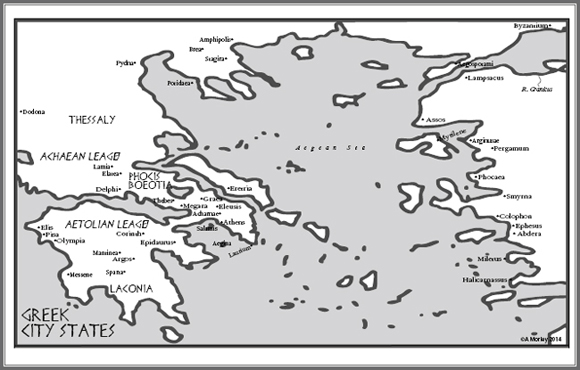
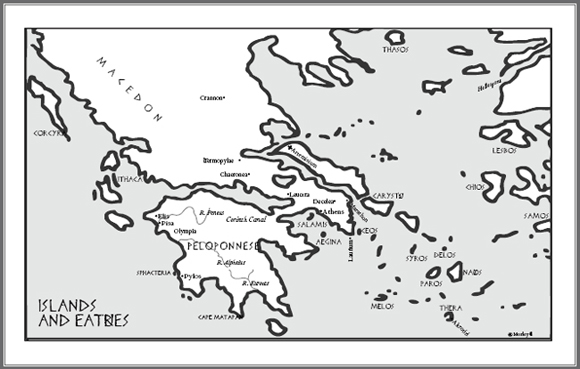
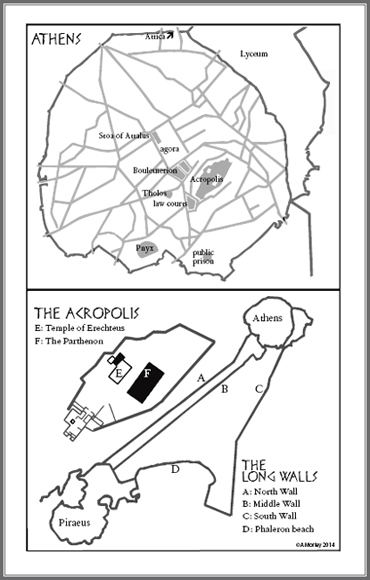
INTRODUCTION
I f the Greek philosopher Plato is to be believed, the story of this book goes back 12,000 years all the way to Atlantis. But he was making that story up, so it goes back a mere 3,000 years or so, from the Minotaurs Crete and the Trojan War to the Olympic Game (yes: it all started with just the one), the invention of our alphabet, the Wests very first literature (the epics of the Iliad and Odyssey), the Persian wars, the subsequent ferocious conflict for mastery of Greece between Athens and Sparta, the emergence of Philip II of Macedon and his son Alexander the Great, Alexanders conquest of the East as far as India, and the gradual collapse of that empire before the unstoppable march of that new power to the West Rome. It ends in 27 BC, when the last piece of Greek territory receives a Roman governor.
Further along that sometimes inspiring, sometimes dispiriting way, the immense influence of the ancient Greeks on our world will emerge. At almost every point of Western thinking about politics, literature, mathematics, art, architecture, drama, philosophy, education, war, sex, medicine, cosmology, astronomy, biology, the body, the emotions, ethics, linguistics, death, logic, race, slavery, history, quite apart from the wonderful worlds of myths and oracles, the Greeks are somewhere there.
The book (for the title Eureka!, see p. 79) adopts the same format as my Veni Vidi Vici (Atlantic Books, 2013). Each chapter begins with a timeline and a broad summary of the chapters contents, followed by a series of brief nuggets, some fleshing out the summary, others digressing into different areas of interest.
But the contrast with Veni Vidi Vici will soon become apparent. The history of Rome offers a coherent story of one highly influential city that, between 700 BC AD 500, came to dominate much of Europe, North Africa and the Near East. But neither Athens nor Sparta nor any other Greek community ever dominated as Rome did.
As a result, the ancient Greek world lacks such intense focus. Consequently, while this account will be chronological, it will not tell a single story, but concentrate on the various differing big players as they emerge over the centuries, and over the Mediterranean too. For the Greeks, who mistrusted the sea, were still great adventurers, always on the lookout for the main chance and new experiences, and they established cities all over the Mediterranean and the Black Sea. That said, there will be a bias towards Athens, because for all its disappointments after its glory years in the fifth and fourth centuries BC, its achievements at that time still electrify the imagination.
Jeannie Cohen (she and I run the charity Friends of Classics) read the whole book in its various forms and made countless improvements. I am most grateful to Martin West for permission to use his superb translations of Hesiod (Hesiod: Theogony, Works and Days, Oxford, 1988) and the Greek lyric poets (Greek Lyric Poetry, Oxford, 1993) and, as ever, to Andrew Morley for the maps.
Peter Jones
Newcastle on Tyne
June 2014
NAMES AND NUMBERS
GREEK NAMES
Greek names in English have, by historical convention, been adapted from Latin. Sometimes they are virtually identical in the three languages: Greek Perikls, Latin Pericles, English Pericles. At other times, the Greek and Latin are similar, but the English different: Greek Aristotels, Latin Aristoteles, but English Aristotle. Sometimes the Latin (and so the English) are very different from the Greek: Thoukudids, Thucydides, Thucydides (pronounced Thewsiddiddees).
Note that the Greek long was pronounced or, and the Greek long was pronounced air. So Hellnes was pronounced Hellairness, arkhn arkhorn. On this convention, see my An Intelligent Persons Guide to the Classics (Bloomsbury 1999, Appendix 1).
The long mark ^ is applied only to transliterated Greek words in italics, not to their English form. Thus Perikls, exactly representing the Greek, but Pericles in English. Observe that the Greek k becomes the English c (drakhma: drachma), and the Greek u becomes the English y (Olumpikos: Olympic).
GREEK MONEY, WEIGHTS AND DISTANCES
Obol[os] is the lowest unit of money:
6 oboloi = 1 drakhma, lit. handful
100 drakhmai = 1 m(i)na
60 m(i)nai = 1 talent
These are related to the weight of the coins. On the Attic standard, an obol is about 0.72 grams, a drachma 4.31 grams, a mina 431 grams (about 1 lb), a talent 25.86 kg (about 60 lb). Other cities adopted different weight standards.
VALUE OF MONEY
As ever, there are no meaningful correspondences between ancient Greek money and ours. One calculation suggests that, for a family of four in Athens c. 400 BC, the cost of living varied from 2.5 to 6 obols a day (see p. 178-9 on pay for jury service and p. 247 on pay for attending the Assembly). The pay for a skilled craftsman varied from 6 to 9 obols (1 to 1.5 drachmas) a day.

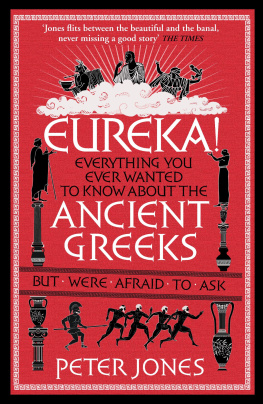
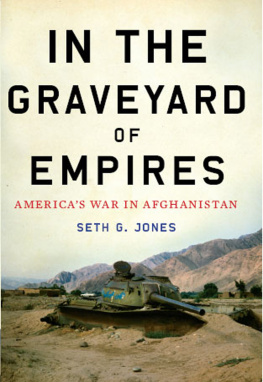
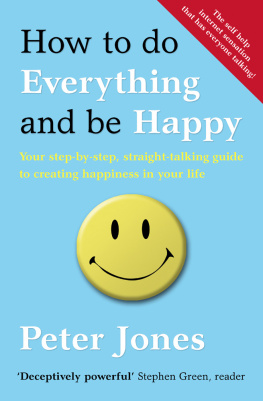





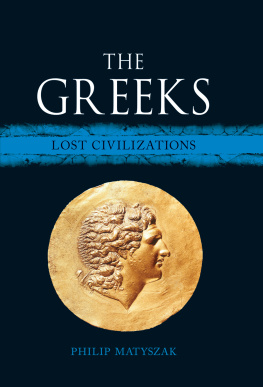

![Michael Lovano - The World of Ancient Greece: A Daily Life Encyclopedia [2 Volumes]](/uploads/posts/book/268736/thumbs/michael-lovano-the-world-of-ancient-greece-a.jpg)

